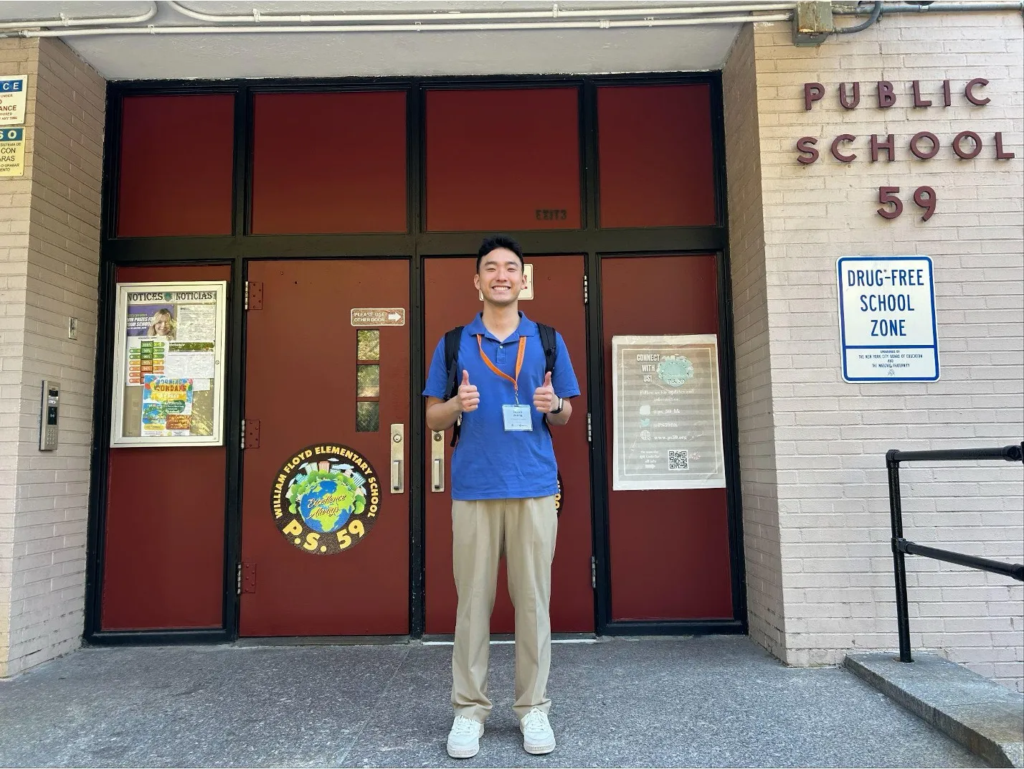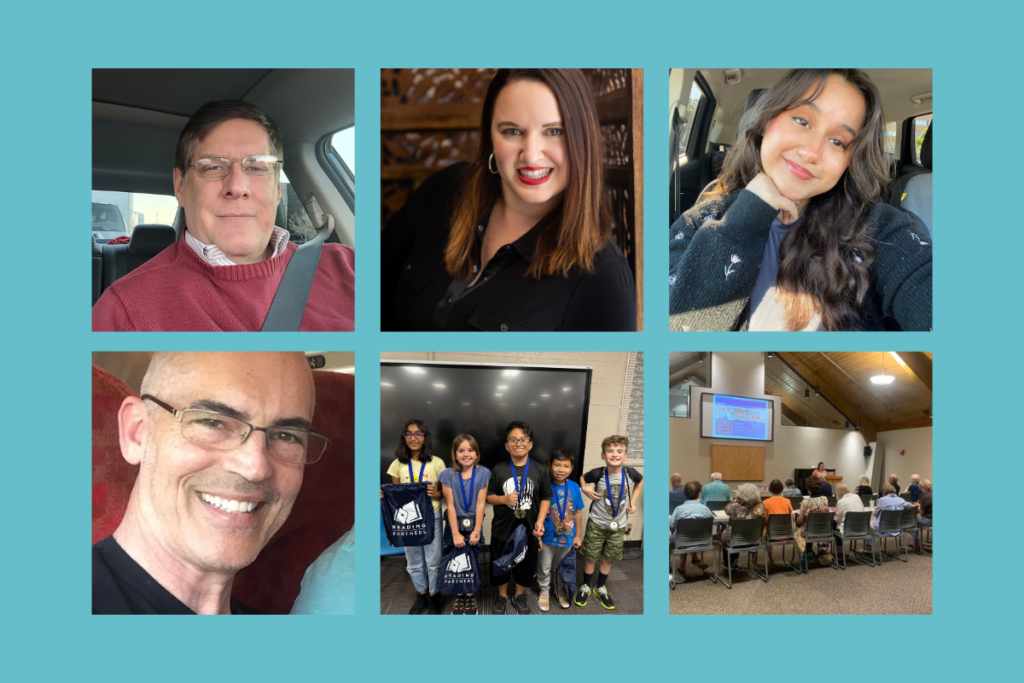
Skip your hundredth monuments trip to do some volunteer work
August 31, 2017
Originally published by The Hatchet.
As the school year begins, you’re bound to overhear conversations from returning students discussing their upcoming internship or the responsibilities they have for their student organization. But there is usually an activity not mentioned in those conversations. Students often get caught up in building their professional resume and end up neglecting the countless opportunities for volunteer work available in D.C. As a rising sophomore, I’ve found that one of the best ways to explore the District and get to know the world outside Foggy Bottom is to spend time at local nonprofit organizations.
Volunteering is an essential part of the student experience because it not only allows them to give back to the city they inhabit, but it also builds a healthy, positive relationship between students and D.C. residents. Many people do occasional volunteer work during the holidays or for events like MLK Day of Service, but regular nonprofit work should be a priority for students all year round. Those random times throughout the year, not associated with the holidays, are often when organizations need the most help.
For my work study job last year, I worked with an organization called Reading Partners. Reading Partners is a reading and tutoring program that provides individual reading support to elementary school students in order to help them achieve grade level standards for reading, writing and comprehension. As a Reading Partners tutor, every week I worked with students from Payne Elementary School in Southeast. Reading Partners offers both paid and volunteer positions that allow people to help better the reading experiences of local D.C. youth.
It’s understandably difficult for students to justify spending a lot of time volunteering when GW’s competitive atmosphere stresses the importance of having several internships before graduating. But giving your time to others has plenty of merits beyond a title on a Linkedin profile. During my time at Payne, not only was I able to help kids get the most out of their education, but teaching these young kids also pushed me to improve my ability to explain topics in a clear manner. I was also pushed to learn time management skills by planning times between classes to take the metro to Payne, or go to a monthly tutor meeting. Although organization, presentation skills and time management can be achieved through student organizations and jobs, knowing that I was ultimately there to help kids become better readers inspired me in a way that is unique to working with nonprofit organizations – it showed I could actually make a difference in children’s lives.
But Reading Partners isn’t the only organization you can get involved with in the area. D.C. has plenty of other opportunities for volunteer work that I look forward to exploring over the next three years – whether that is through word of mouth, opportunities listed in GW Facebook groups, through the Nashman Center or a simple Google search. Volunteering at places like a soup kitchen or food pantry can teach students skills in budgeting, event planning or even at a basic level, give them experience talking to all types of people. Although gaining skills for yourself is not the reason you should be volunteering, it’s another way to look at the experience as beneficial time spent as a busy college student.
This year, one of the organizations I’m planning to work with is Miriam’s Kitchen. Miriam’s Kitchen is a local D.C. food kitchen with the goal of “ending chronic homelessness.” It’s about a five minute walk away from campus, and it’s just one of the many places that need volunteers this upcoming academic year.
And while many people volunteer once or twice a year, it’s important to remember that nonprofits in D.C. are looking for help all year round – so making a connection with humanitarian organizations at the beginning of the year can help foster a long lasting partnership.
So before deciding to take that extra trip to the monuments, or to the newest trendy restaurant, consider volunteering for a cause you feel strongly about. It’s the best way to explore the city, while playing a small part in making the world a better place.



